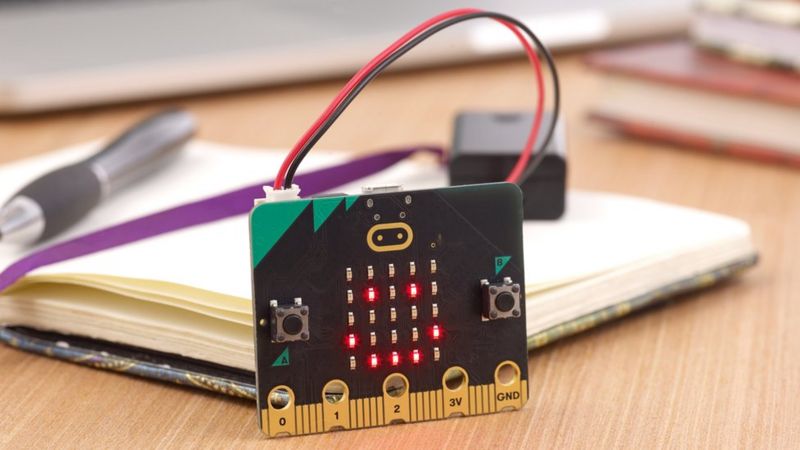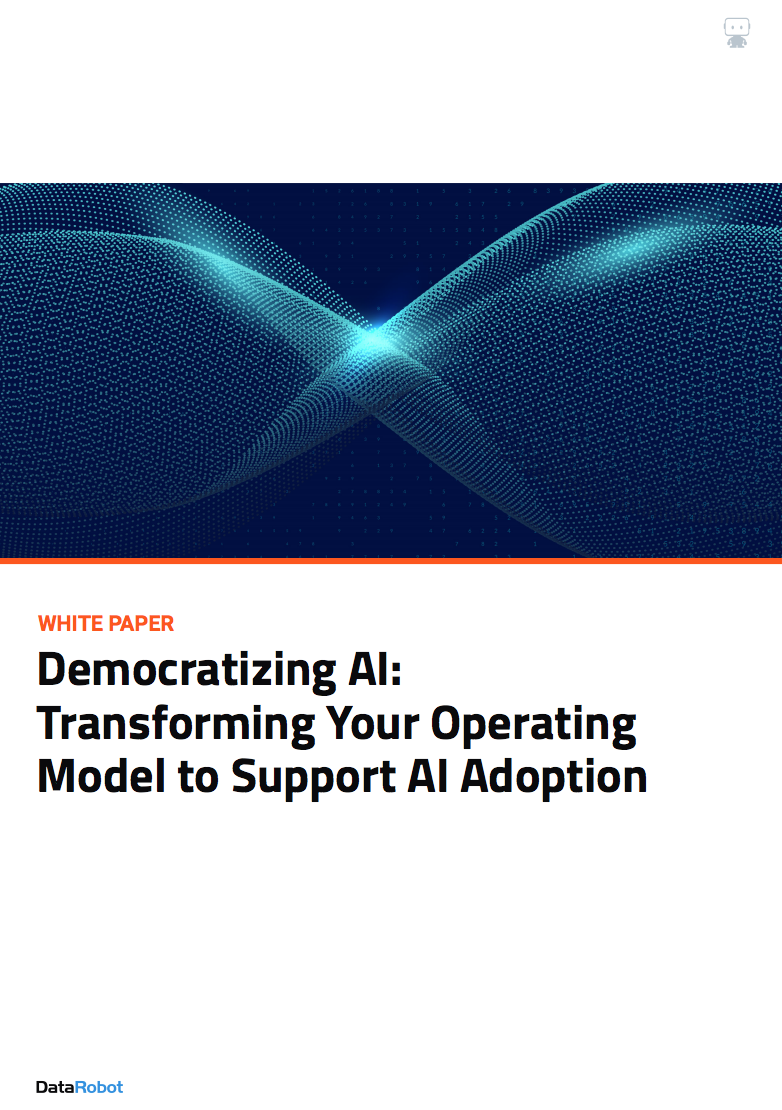BBC micro:bit update adds support for AI and ML applications
The new microcomputer is also four times as fast as the 2016 model and boasts eight times the amount of RAM


Sign up today and you will receive a free copy of our Future Focus 2025 report - the leading guidance on AI, cybersecurity and other IT challenges as per 700+ senior executives
You are now subscribed
Your newsletter sign-up was successful
The BBC has announced a new version of its micro:bit computer that will enable children to develop skills in artificial intelligence (AI) and machine learning.
The BBC micro:bit, a project now run by the Micro:bit Educational Foundation, is a low-cost microcomputer that’s somewhat similar to the Raspberry Pi. Unlike the Pi, however, the BBC's pocket-sized PC is distributed to classrooms across the globe to help children learn how to code on a small-scale.
In a bid to expand the digital skills that children can acquire using the device, the BBC has announced the first update to the micro:bit since the ARM-based system first made its debut in 2016.
The new BBC micro:bit is four times as fast as the 2016 model, with the ARM processor now running at 64MHz compared to 16Mhz, and it packs eight times the amount of RAM (128kb) and double the amount of flash storage (512kb). There’s also a built-in microphone and speaker on the new model, enabling the device to respond to sound for the first time.
These hardware updates also mean that the device will be able to run AI and ML applications, allowing children to experiment with these technologies in the classroom.
Gareth Stockdale, CEO of the micro:bit Educational Foundation, said: "The purpose of the micro:bit is to help children unlock their creative potential and learn how to shape the world around them. Learning coding and computational thinking can enhance their life chances in the 21st century.
“We have worked closely with our thriving community to make it even easier to get the most out of the device both inside and outside the classroom.
Sign up today and you will receive a free copy of our Future Focus 2025 report - the leading guidance on AI, cybersecurity and other IT challenges as per 700+ senior executives
“Getting hands-on and experimenting with the micro:bit is critical to helping children better understand important technologies early in their development, and we aim to make this as fun, accessible and affordable as possible."
RELATED RESOURCE

Democratising AI for all: Transforming your operating model to support AI adoption
How to make the most of AI capabilities
According to the company, five million micro:bits are already used for teaching digital skills and computational thinking. The Foundatioon has also donated 5,000 devices to families in the UK to help with home schooling during the coronavirus pandemic.
The new BBC micro:bit will be available from mid-November 2020 at the same price point as the original (roughly $17). The new version of the micro:bit is backwards compatible with the 2016 board too, which means all existing code will continue to work.
Carly Page is a freelance technology journalist, editor and copywriter specialising in cyber security, B2B, and consumer technology. She has more than a decade of experience in the industry and has written for a range of publications including Forbes, IT Pro, the Metro, TechRadar, TechCrunch, TES, and WIRED, as well as offering copywriting and consultancy services.
Prior to entering the weird and wonderful world of freelance journalism, Carly served as editor of tech tabloid The INQUIRER from 2012 and 2019. She is also a graduate of the University of Lincoln, where she earned a degree in journalism.
You can check out Carly's ramblings (and her dog) on Twitter, or email her at hello@carlypagewrites.co.uk.
-
 ITPro Best of Show NAB 2026 awards now open for entries
ITPro Best of Show NAB 2026 awards now open for entriesThe awards are a fantastic opportunity for companies to stand out at one of the industry's most attended shows
-
 Mistral CEO Arthur Mensch thinks 50% of SaaS solutions could be supplanted by AI
Mistral CEO Arthur Mensch thinks 50% of SaaS solutions could be supplanted by AINews Mensch’s comments come amidst rising concerns about the impact of AI on traditional software
